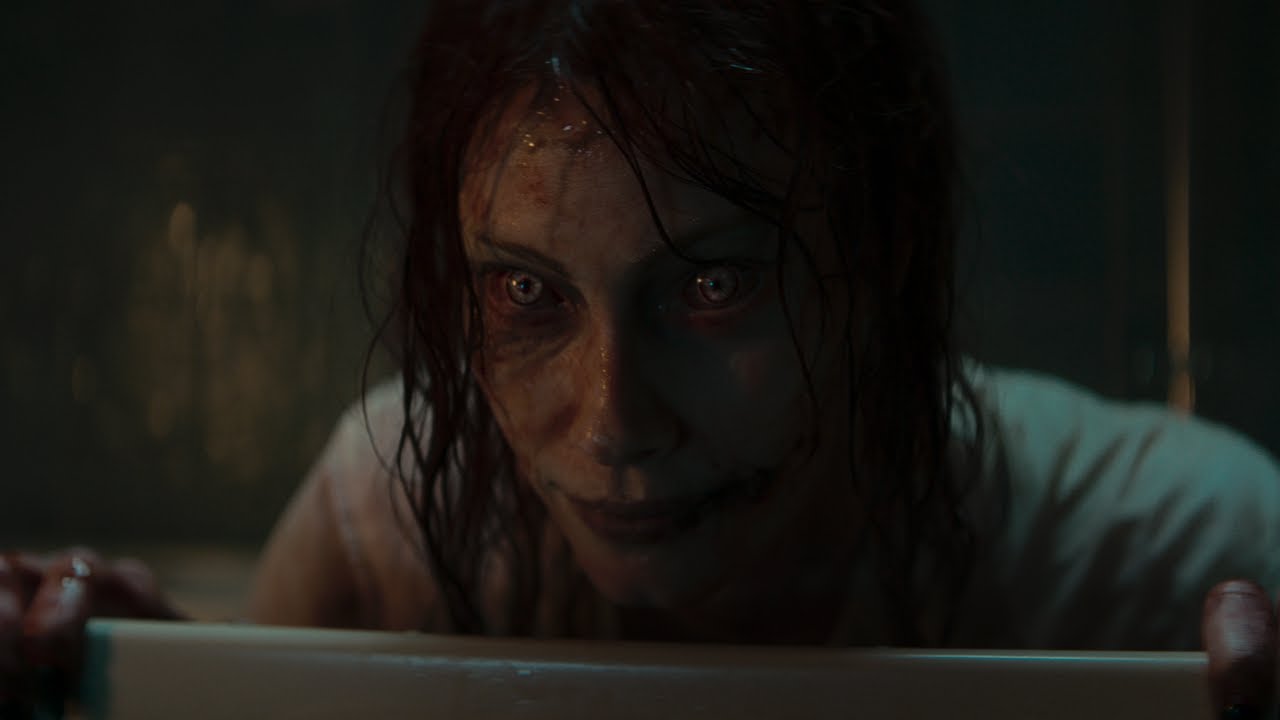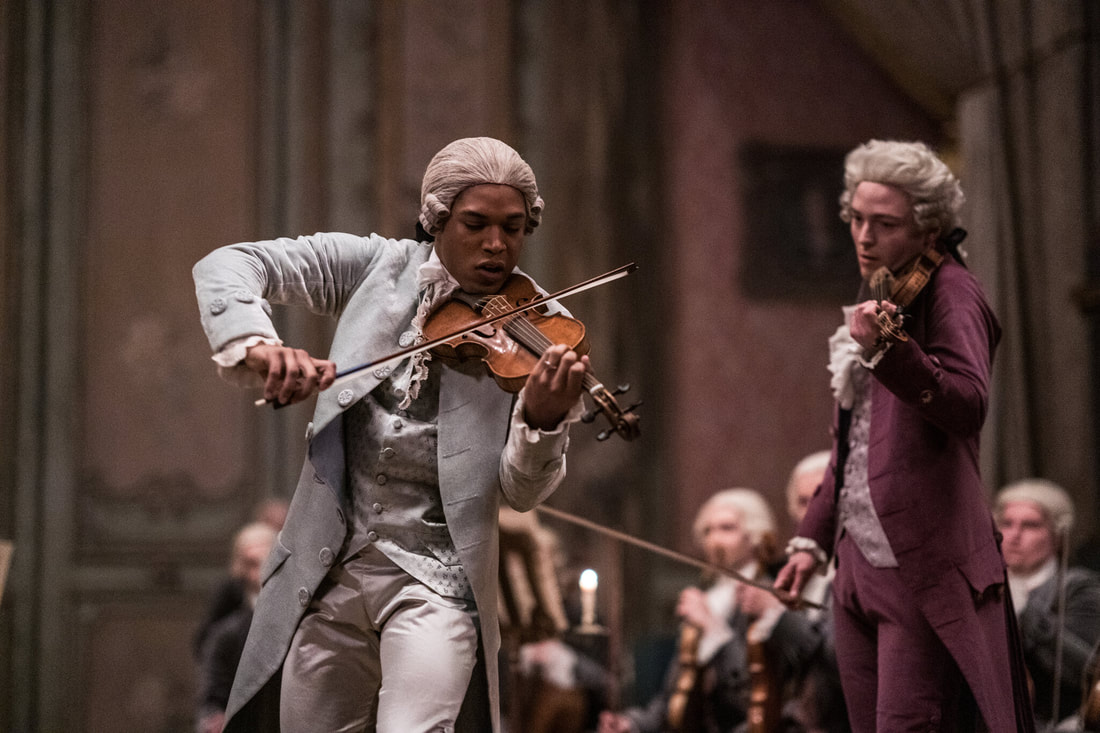|
by Philip Price Evil Dead Rise “Evil Dead Rise” is slick, sick and the perfect amount of "staffanie." It never rises above exactly what it needs to be, but fully delivers on its promises. “Evil Dead Rise” and writer/director Lee Cronin go all in on the gross-out gore while stretching the vulgarity of the violence to include the necessary streak of fun without leaning into any camp. Surprisingly, the film plays more as a homage than the sequel it's intended to be, but as a passing fan of the franchise the mythology is neither here nor there to me. Anna-Maree Thomas gives maybe the most physically disturbing onscreen portrayal since Jennifer Carpenter in “The Exorcism of Emily Rose,” the contained and efficient nature lends a certain intensity without sacrificing the necessary depth, while the deadite design here is just effortlessly cool. I’ll be shocked if there's a better title screen this year. "Evil Dead Rise" is currently in theaters. Chevalier “Chevalier” is formulaic yet invigorating, director Stephen Williams' film begins as something of a musically-rooted Western that might have benefited from having its operatic tone extend further than the opening sequence but becomes - to my frustration - more a mix of biographical drama and forbidden love story. This choice doesn't make this a bad film, but it is somewhat detrimental as not continuing to highlight what makes its titular character so singular only results in a more paint-by-numbers picture. Still, I was invested in Kelvin Harrison Jr.'s magnetic portrayal of this man elevated by a world that appreciates his talents but is still treated as less than while rooting for him and Samara Weaving's Marie-Josephine even if Marton Csokas was clearly cast for a reason (Csokas also looking like a slightly younger Russell Crowe here).
Given the film tells this true story that occurred in 18th-century France the revolution is looming; the film even labels itself as something of a prelude to such. It is in this more political aspect that Stefani Robinson's script as well as the film itself find the core of why the story of Joseph Bologne AKA Chevalier de Saint-Georges is not only worth telling, but why it needs to be told. After being cast out of his position as Chevalier and removed from contention for the highest musical office in France due to his complexion both Bologne and the film begin to attempt to grasp the bigger picture: why has this world been designed the way it was? Why are other men granted the right to have a certain power over other men's lives? Why do these powdered positions of power insist those who look different from them have no choice in their fate? These are big questions that naturally lead to some deep contemplation both for characters on screen as well as for those of us in the audience even if the film shortchanges itself in such explorations. It shortchanges itself in that there is a broad stroke to everything the film wishes to convey while the structure and pacing support and yearn for a more specific interpretation. Williams' direction offers up some smooth storytelling techniques with some notably nice transitions that assist in the edit, but while the core ideas are arrived at with passion their intensity isn’t as impactful as one might hope. Unlike its subject, “Chevalier” can't quite match its ambition with its execution yet given the weight of the story and everyone involved clearly pouring themselves into the material the finished product can't help but remain a compelling and entertaining experience. "Chevalier" is currently in theaters.
0 Comments
Leave a Reply. |
Archives
July 2024
|

